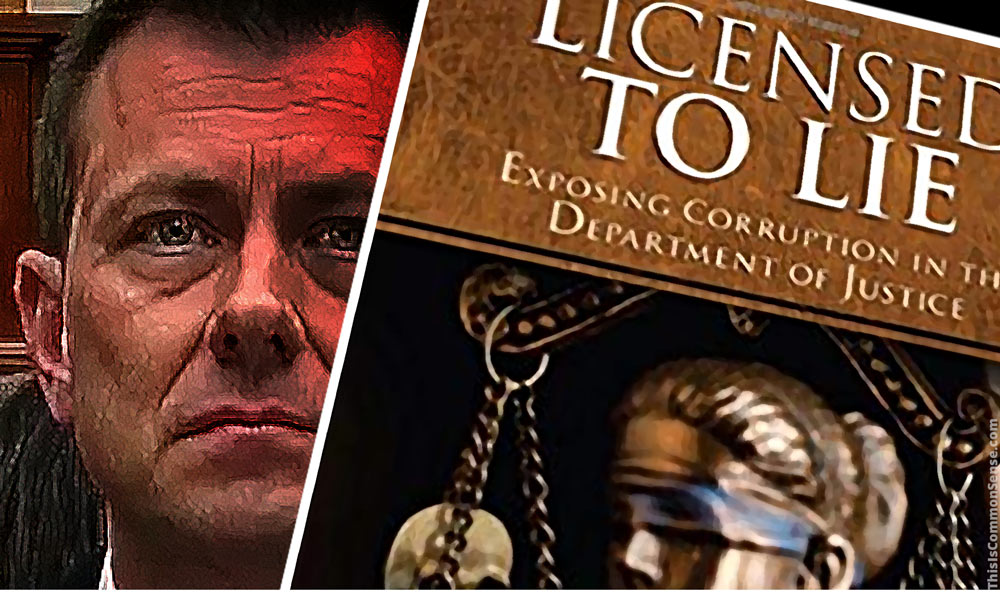Republican Representative Kevin Kiley of California has introduced H.J. Resolution 116 to block “the rule submitted by the Department of the Labor relating to ‘Employee or Independent Contractor Classification Under the Fair Labor Standards Act.’ ”
116 is a legislative attempt to thwart legislation
Labor’s rule is modeled on the AB5 Act passed in California several years ago. Catering to unions, AB5’s idea was to kill the livelihoods of many gig workers or freelancers by making it much harder for companies and independent contractors to deal with each other.
The new rule, too, aims to kill competition with unions and expand the pool of employees who can
AB5 caused a firestorm, leading to citizen initiatives, court battles, and victories and setbacks for besieged employers and freelancers. There’s been some backtracking of AB5, in part because sponsoring lawmakers realized that it hurt even favored constituencies. But California is still a land mine for would-be freelancers.
The Labor Department is trying to impose AB5-style reclassification on the national level now that national lawmakers have failed to pass legislation to do it.
These days, the many dictators in our government often regard legislative means of passing legislation as an option only of first resort. If that fails, well, stick it to the people some other way.
So Kiley — and, hopefully, an effective congressional majority — must pass a law saying no, regulators, you may not pass this law in the guise of a regulation.
This is Common Sense. I’m Paul Jacob.
Illustration created with PicFinder and Firefly
—
See all recent commentary
(simplified and organized)







